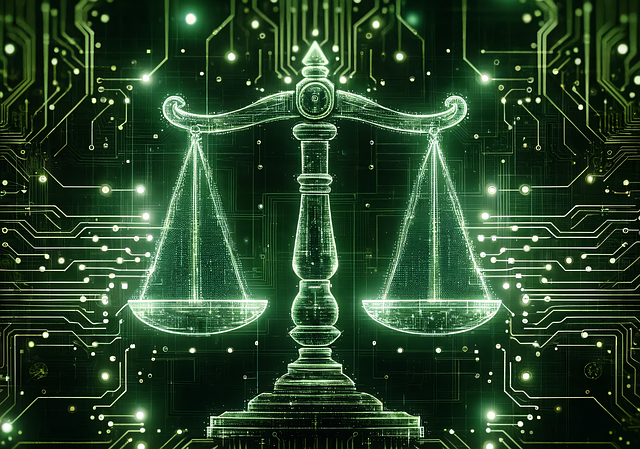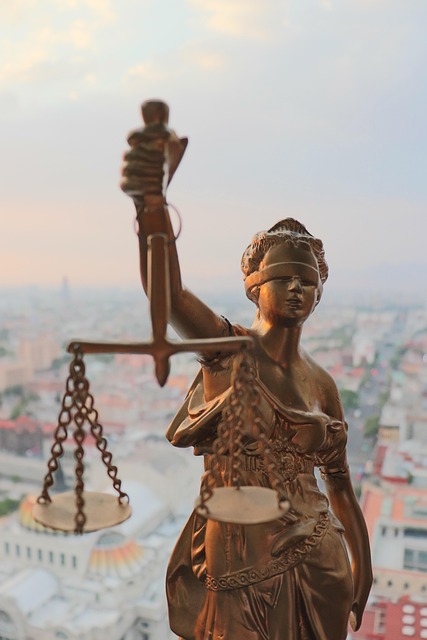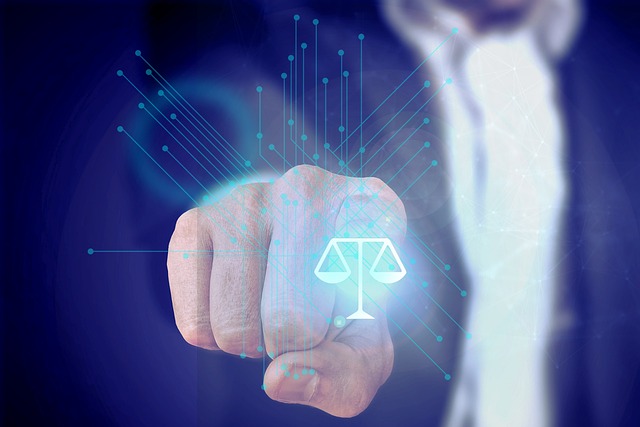Public corruption charges can be tackled through class action lawsuits, a powerful tool for accountability. Understanding eligibility and following steps to join, like consulting specialized attorneys and gathering evidence, is crucial. These lawsuits unite individuals against common defendants, seek justice, compensation, and impact, and often gain significant attention. Navigating legal complexities starts with identifying qualified counsel, gathering documents, filing claims, and pursuing justice for affected communities.
Public corruption charges are a serious matter, impacting communities and undermining democratic processes. This article guides you through the intricate world of public corruption prosecutions, focusing on class action lawsuits as a powerful tool for justice. We explore the legal foundation, eligibility criteria, evidence gathering, and practical steps to join or navigate such lawsuits. By understanding these key aspects, citizens can actively participate in holding public officials accountable.
- Understanding Public Corruption Charges: Legal Basis
- Eligibility Criteria for Class Action Lawsuits
- Gathering Evidence and Documenting Wrongdoings
- Navigating the Legal Process: Steps to File a Claim
Understanding Public Corruption Charges: Legal Basis

Public corruption charges are based on laws designed to protect the integrity of government and public institutions. These legal frameworks vary by jurisdiction but generally involve provisions against abuse of power, bribery, fraud, and conflicts of interest. The core idea is to ensure that public officials act in the best interests of their constituents rather than for personal gain or political advantage. Understanding these charges involves delving into the specific legislation that governs ethical conduct in public office, which often includes detailed definitions of illegal acts and the penalties associated with them.
For those facing public corruption allegations, one potential avenue is to join a class action lawsuit. These legal actions are powerful tools for holding corrupt officials accountable while offering individuals affected by corruption an opportunity to seek justice. Steps to join such a lawsuit include consulting with a general criminal defense attorney who specializes in white-collar crime, gathering evidence of the alleged corruption, and understanding the specific claims being made. Across the country, philanthropic and political communities have been instrumental in supporting these lawsuits, recognizing their role in maintaining the integrity of democratic processes.
Eligibility Criteria for Class Action Lawsuits

When considering participation in a class action lawsuit, understanding the eligibility criteria is crucial. These legal actions involve a group of individuals or entities—often referred to as the class—who have suffered similar harms and come together to take on a common defendant. Eligibility typically hinges on several factors, including but not limited to the type of injury sustained, the geographical area affected, and the specific time frame during which the alleged corruption took place.
The process of joining a class action lawsuit involves several steps. Potential plaintiffs must first identify themselves as members of the proposed class, providing evidence that their claims align with the broader group’s. This may include financial records, legal documents, or any other relevant information demonstrating shared experiences with the corrupt entity. Once accepted into the class, individuals can collectively pursue justice through a single lawsuit, aiming for compensation and change on a larger scale. Such actions often attract attention from both the corporate and individual clients involved, with the potential for winning challenging defense verdicts that resonate across the philanthropic and political communities.
Gathering Evidence and Documenting Wrongdoings

Gathering evidence and documenting wrongdoings are crucial steps in fighting public corruption charges. The process begins with meticulous record-keeping, where every transaction, communication, and decision related to the alleged misconduct is meticulously documented. This includes reviewing financial records, emails, meeting minutes, and any other relevant documents that can serve as tangible proof of innocent intentions or, conversely, as evidence of illicit activities.
To enhance their case, individuals facing public corruption charges should consider joining a class action lawsuit. This collective legal approach not only amplifies the impact of individual efforts but also leverages an unprecedented track record of success for his clients. By pooling resources and expertise, those involved can navigate complex legal landscapes more effectively, ultimately aiming to avoid indictment and secure justice.
Navigating the Legal Process: Steps to File a Claim

Navigating legal complexities is a daunting task, especially when facing public corruption charges. However, understanding the process can empower individuals to take action. One effective avenue is joining a class action lawsuit, which allows for collective legal representation of affected parties. The first step is identifying a qualified attorney specializing in this area; they will guide you through the intricacies involved.
Next, gathering relevant evidence and documentation is crucial. This may include financial records, public documents, or any material that proves wrongdoing. Once prepared, individuals can file a claim with the appropriate court, initiating the legal process. The goal is to hold those responsible accountable while seeking justice for the respective business, philanthropic, and political communities harmed by corrupt practices.
Public corruption charges are a powerful tool for justice, allowing individuals to hold those in power accountable. By understanding the legal basis and eligibility criteria for class action lawsuits, citizens can effectively gather evidence and navigate the complex legal process. If you’ve been affected by public corruption, don’t hesitate to explore the steps to join a class action lawsuit and become a part of the solution, ensuring transparency and accountability in our systems.






